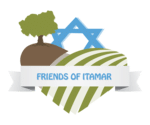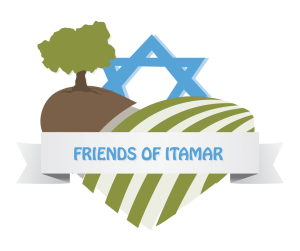Parashat Shemot – G-D Watches Over His righteous Nation 2010
Parshat Shemot January 8, 2010 King Solomon in his book of Proverbs 13:23 writes “Much food is in the tillage of the poor: but there are others that perish without judgment.&
Parshat Vayechi – 2010
Parshat Vayechi January 1, 2010 Leah Goldsmith The root of the word Mitzrayim, tzar, means a narrow narrow place. When looking at an Atlas one can see this is not the case; it is g
Parashat Vayigash – 2009
Parashat Vayigash December 25, 2009 VayiGASH (coming near), GASHmiyut (material bounty) and the Land of GOSHen (the place the tribes set up housekeeping in Egypt), are all of the r
Parasaht Vayeshev – Yosef – 2009
Parasaht Vayeshev December 11, 2009 Yosef’s life wasn’t easy, even from a tender age. When he was a little boy he became orphaned of his mother, which is why his father
Parasaht Vayishlach – Let Our People Grow
Parasaht Vayishlach December 3, 2009 King Solomon in his book of proverbs writes in chapter 26:17 He that passes by, and meddles with strife belonging not to him, is like one that
Parshat Vayeitzeh – Serving G-D – 2009
Parshat Vayeitzeh November 26, 2009 The classic way of serving Hashem is through the three principles of learning torah, prayer and good deeds. These are all within the realm of th
Parshat Toldot – The Different Attributes of Our Forefathers – 2009
Parshat Toldot November 20, 2009 In order to understand the variety of psyches and the distinct and unique personal identities of the Avot, a closer look at the redeeming dominant
Parshat Chayeh Sarah – “Connecting the Past, Present and Future” 2009
Parshat Chayeh Sarah November 13, 2009 The substance of Am Yisrael is applied through the generations, it’s destiny preserved as one generation “punches out” and
Parshat Vayera – 2009
Parshat Vayera November 5, 2009 In the Talmud it says that our Patriarchs did not depart from this world since they are brought back to life by the continuation of the mitzvoth per
Parshat Lech Lecha – 2009
Parshat Lech Lecha October 30, 2009 Parshat Lech Lecha introduces us to the first individual who was willing to say NO to the accepted norms of corruption and idolatry. He was able

